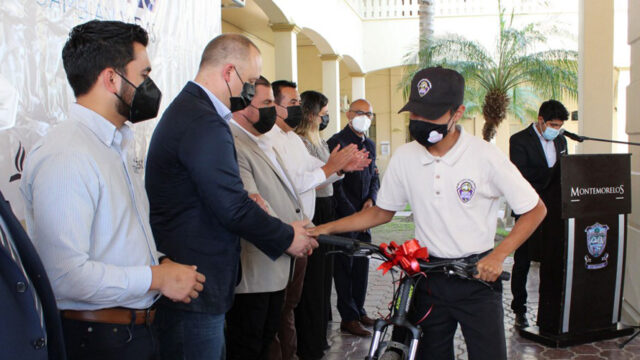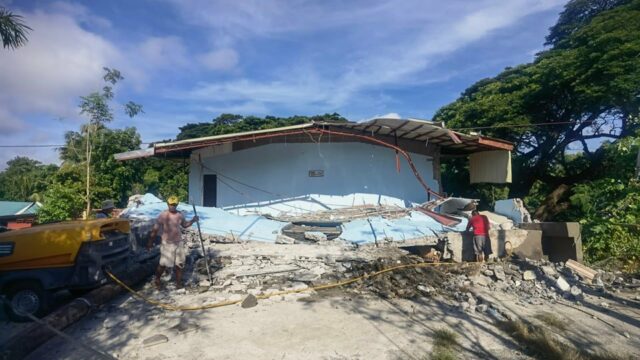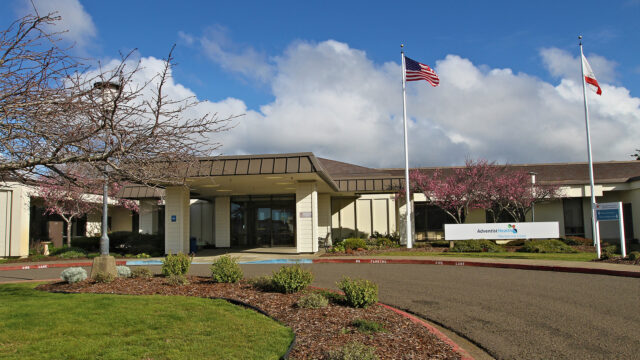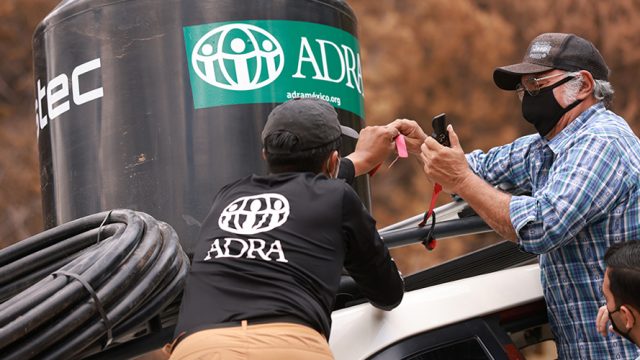ADRA is assisting displaced persons after the December 15 quake and 170 aftershocks.
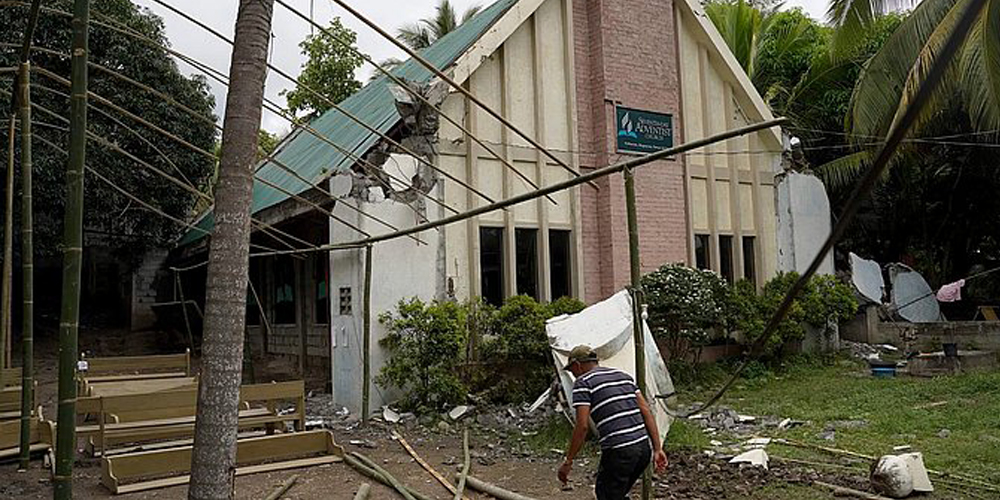
A 6.9-magnitude earthquake jolted Davao del Sur in the southern Philippines at around 2:11 p.m. on December 15, 2019. It was the strongest reported quake so far in a series of tremors that had rocked the southern Philippines since October 2019.
The Philippine Institute of Volcanology and Seismology (PHIVOLCS) reported that the epicenter of the earthquake was located almost 4 miles (6.5 kilometers) away from Padada, Davao del Sur, at a depth of 18 miles (29 kilometers).
More than 170 aftershocks have been recorded since December 15, adding to the devastation and casualties in several buildings and facilities throughout the affected region.
According to local reports, five people have died due to the earthquakes, but more fatalities are expected to be confirmed as search-and-rescue operations are ongoing. Local government units and volunteers armed with sound and metal detectors started searching through the rubble and debris of buildings in Padada town.
In just two months, the southern Philippines experienced three succeeding strong earthquakes, mainly in the province of Cotabato: the first was on October 16, with a magnitude 6.3 quake; the second on October 29, with a 6.6 magnitude; and the third on October 31, with a 6.5 magnitude.
Adventists in the province have not been spared as several institutions were significantly affected. After the quake, the Adventist Church headquarters in the Davao region immediately dispatched field workers to check on how this incident had affected church members and church buildings.
In an online message, Rhoen Catolico, media ministries coordinator for the Adventist Church in Davao, said leaders were thankful that church members were safe but were praying continuously for citizens of their province.
“We are all safe. We are thankful that despite the numerous tremors we experienced, God kept us safe,” Catolico said. “Some Adventist churches and institutions were greatly affected by the recent earthquake and are being assessed as to how they can be renovated.”
According to initial reports, no fatalities were recorded, but some church buildings and a few houses are now considered condemned and uninhabitable for safety reasons.
In addition, two buildings inside the South Philippine Adventist College campus were also significantly affected: the Senior High School building and the Adventist World Radio Hope Radio office.
The main school building, which housed the administrative, business, and operational offices, will also need a major renovation to make it functional for operations.
Roads going to Magsaysay were closed due to substantial cracks in the earth and concrete pavement, including on the main bridge connecting the main road to the inner barangays of this agricultural town. The initial report stated there were ten families whose houses were destroyed, while 41 homes were partially damaged. Eight local Adventist churches were also damaged due to the recent earthquake.
Leaders at the Adventist Church headquarters in the Southern Asia-Pacific region, located in the northern Philippines, said they seek prayers for the families affected by this natural disaster. The Adventist Development and Relief Agency (ADRA) in the Philippines is now coordinating with local officials to identify and assess the primary needs of citizens of Davao.
In the series of earthquakes that happened in the southern Philippines, ADRA Philippines responded and helped more than 4,900 families who were affected by the quakes. Primary needs like emergency shelter repair kits, food, bedding, and financial assistance were given to families to assist with their immediate needs.
“At the moment, our ADRA personnel is currently in Davao coordinating with local government units to conduct an assessment and to identify the needs of those affected by the earthquake,” said Aimee Tapeceria, public relations and marketing officer for ADRA Philippines.
After the assessment, ADRA Philippines aims to distribute more emergency kits to help citizens with their necessities while in this time of displacement.
The original version of this story was posted on the Southern Asia-Pacific Division news site.


